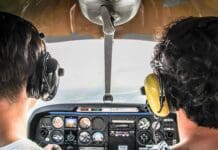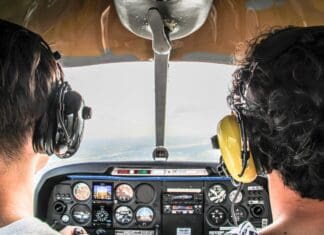This post is also available in:
 עברית (Hebrew)
עברית (Hebrew)
Autonomous vehicle technology is an emerging global market. By 2025, the partially autonomous vehicles market is expected to be at 36 billion U.S. dollars while the market for fully autonomous vehicles lags behind at 6 billion U.S. dollars, according to statista.com, so this revolution is definitely here to stay.
However, there are mounting fears that connected and autonomous vehicles (CAVs), which include driverless cars and vehicles that have internet connectivity, could be hijacked by criminals with equipment as basic as publicly available software and a laptop computer. Cybercriminals learn new ways to target these cars and crack their encryption systems, and there could be significant consequences for the safety of drivers and passengers if any of these cars were to be hacked and onboard control systems compromised to disrupt moving vehicles. A new quantum-based development aims to improve security and consequently the safety of drivers and passengers.
Coventry University and a London-based cybersecurity startup are set to investigate how to stop hackers hijacking the connected and autonomous vehicles. Crypta Labs will work with the university to investigate how security systems based on the randomness of light can help protect connected and autonomous vehicles from cyber-attacks.
The 12-month project, involving the cybersecurity group at the university’s Institute for Future Transport and Cities (FTC) and a team at Crypta Labs, is funded by the Center for Connected and Autonomous Vehicles (CCAV), according to insidermedia.com.
Dr. Hoang Nga Nguyen, a research fellow in cybersecurity and cyber-physical systems at FTC, says the problem is how to secure internal systems to prevent hackers from breaking into future driverless cars.
A module uses the randomness inherent in light to generate true random numbers. According to the company website, they deliver military-grade encryption by combining a light source, a detector, and a processor into a single Application Specific Integrated Circuit (ASIC) chip, in combination with the company software.
“We believe Quantum Random Number Generation (QRNG) technology can have profound applications for transport and vehicle security. The project will serve to be a critical link in assessing how QRNG-based security could strengthen connected and autonomous vehicles.”
Their technology has applications also in the military remotely controlled field, protecting against the compromise of the security of missile arming codes, battlefield communications or human to human issued orders.


























